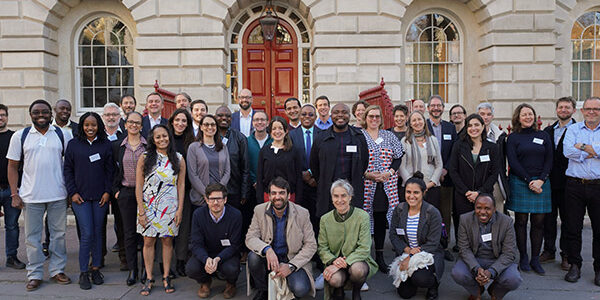 Integrity and Anti-Corruption
Integrity and Anti-Corruption
Global Integrity Anti-Corruption Evidence (GI-ACE) Research Program
GI-ACE supports rigorous research to generate actionable and context-specific evidence intended to aid practitioners in designing and implementing more effective anti-corruption policies. GI-ACE research on corruption focuses on real-world problems, engages with the power dynamics and incentives that underpin corrupt activity, and communicates findings in ways that are useful for practitioners. Too much research is focused on describing corruption without testing effective mechanisms to do something about it. In contrast, all GI-ACE research projects are problem-driven, operationally relevant, rigorous, and actionable.
Objective
GI-ACE works in generating world-class evidence on anti-corruption initiatives around the world, to help inform practitioners’ efforts to deliver better outcomes. The teams conduct research that is problem-driven and rigorous, designed to inform practitioners’ efforts to craft and implement more effective anti-corruption interventions in their own contexts.
Approach
- Work with partners to do problem-centered, practical, politically-cognizant research.
- Guide and encourage them to build and strengthen relationships.
- Communicate with the field why it makes sense to operate in problem-centered ways.
Partners
Basel Institute on Governance, Columbia University, King’s College London, London School of Economics and Political Science (LSE), Northumbria University, Nottingham Trent University, University of California (Santa Barbara), University of Cape Town, University of Edinburgh, University of Exeter, University of Nottingham, University of Sussex
Countries Involved
 UK
UK South Africa
South Africa Zambia
Zambia
 Nepal
Nepal Bangladesh
Bangladesh India
India
 Uganda
Uganda Tanzania
Tanzania Kenya
Kenya
Related Resources
Video Resources
Recognizing Local Leaders as an Anti-Corruption Strategy
Curbing Corruption in Public Procurement – a GI-ACE story
Learning from COVID: Gender, Corruption, and Small-Scale Cross-Border Trade in East Africa
The Kleptocracy Problem







